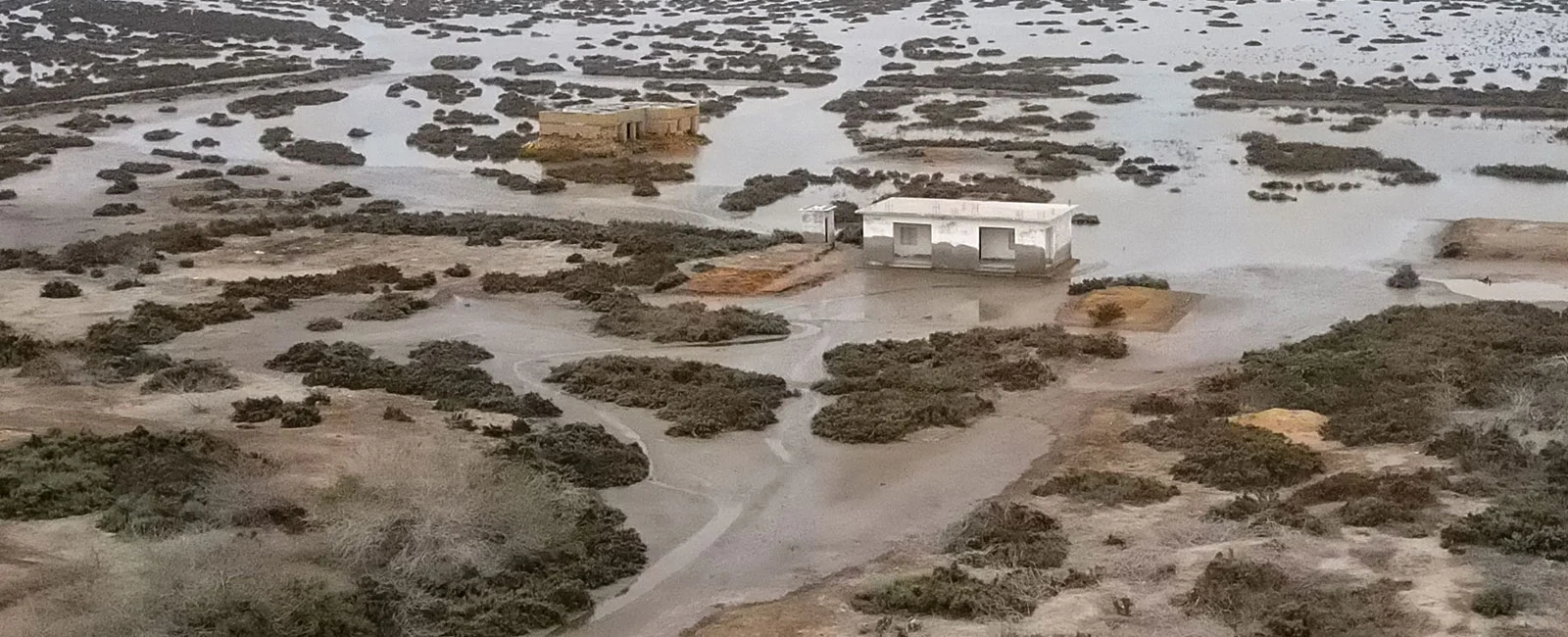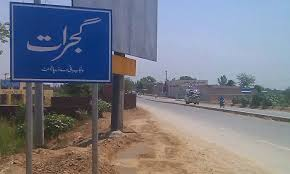Metro53 - Salt crusts crackle underfoot as Habibullah Khatti walks to his mother's grave to say a final goodbye before he abandons his parched island village on Indus delta.
Seawater intrusion into the delta, where the Indus River meets the Arabian Sea in the south of the country, has triggered the collapse of farming and fishing communities.
"The saline water has surrounded us from all four sides," Khatti told AFP from Abdullah Mirbahar village in the town of Kharo Chan, around 15 kilometres (9 miles) from where the river empties into the sea.
As fish stocks fell, the 54-year-old turned to tailoring until that too became impossible, with only four of the 150 households remaining. "In the evening, an eerie silence takes over the area," he said, as stray dogs wandered through the deserted wooden and bamboo houses.
Kharo Chan once comprised around 40 villages, but most have disappeared under rising seawater. The town's population fell from 26,000 in 1981 to 11,000 in 2023, according to census data.
Khatti is preparing to move his family to nearby Karachi, Pakistan's largest city, and one swelling with economic migrants, including from the Indus delta.
The Pakistan Fisherfolk Forum, which advocates for fishing communities, estimates that tens of thousands of people have been displaced from the delta's coastal districts.
However, more than 1.2 million people have been displaced from the overall Indus delta region in the last two decades, according to a study published in March by the Jinnah Institute, a think tank led by a former climate change minister.
The downstream flow of water into the delta has decreased by 80% since the 1950s as a result of irrigation canals, hydropower dams and the impacts of climate change on glacial and snow melt, according to a 2018 study by the US-Pakistan Centre for Advanced Studies in Water.
That has led to devastating seawater intrusion.
The salinity of the water has risen by around 70% since 1990, making it impossible to grow crops and severely affecting the shrimp and crab populations.
"The delta is both sinking and shrinking," said Muhammad Ali Anjum, a local WWF conservationist.
Source: AFP













